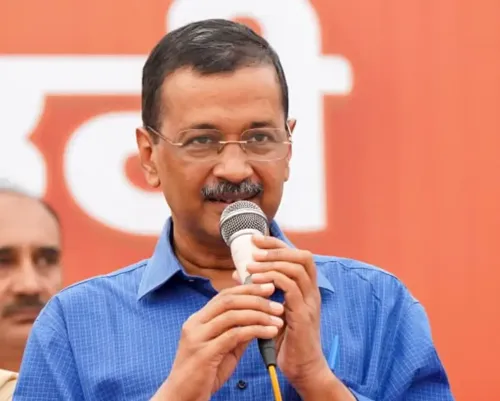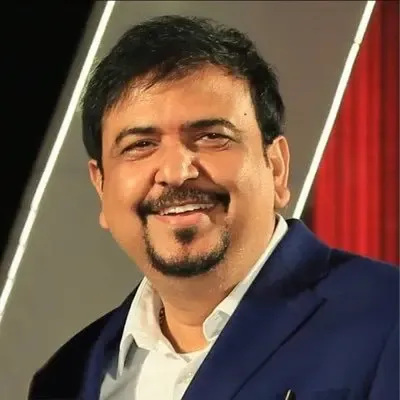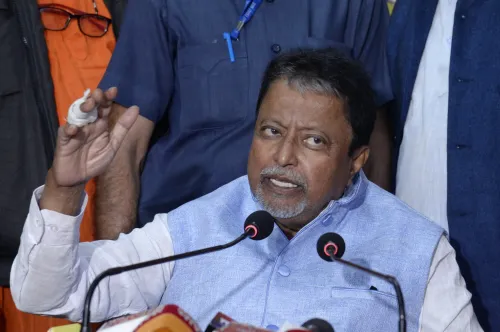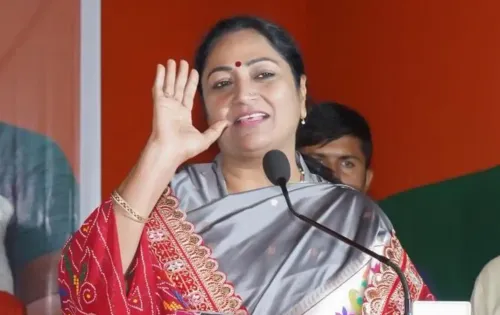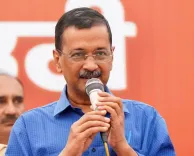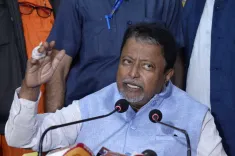How Can CM Mohan Yadav's Campaign 'Nashe Se Doori Hai Zaroori' Save Our Youth?
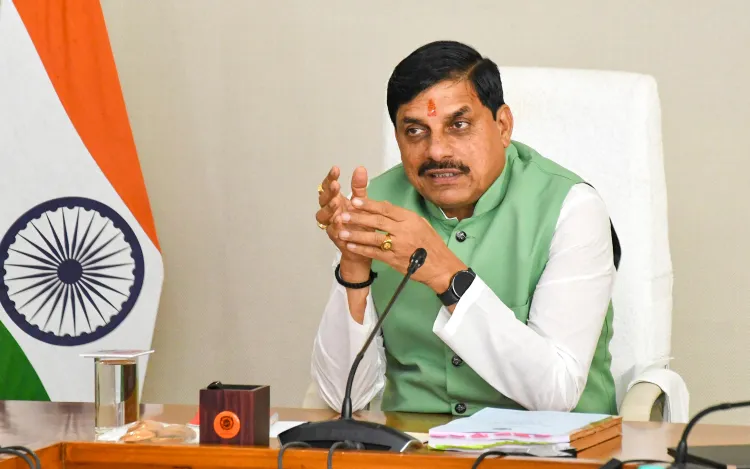
Synopsis
Key Takeaways
- Community Involvement: Essential in combating drug addiction.
- Aimed at Youth: Focus on educating young people about risks.
- Holistic Support: Providing counseling and rehabilitation services.
- Collaboration: Involvement of NGOs, community leaders, and government bodies.
- Legal Awareness: Informing about legal consequences of drug abuse.
Bhopal, July 24 (NationPress) Chief Minister Mohan Yadav emphasized on Thursday that the ongoing 'Nashe se doori hai zaroori' initiative by the Madhya Pradesh Police is a crucial step towards safeguarding the younger generation from the dangers of drug addiction.
After signing the Sankalp Patra (resolution letter) at the Indian Institute of Forest Management, he highlighted this effort as part of a larger public awareness campaign aimed at transforming Madhya Pradesh into a drug-free state.
He urged the citizens of Madhya Pradesh to rally behind this noble cause to secure the future of their children.
“Community involvement is essential in helping our youth comprehend the detrimental effects of drug addiction on health and how it derails their lives. It further tarnishes social reputation and hinders both individual and communal growth, often leading them into incarceration,” stated Chief Minister Yadav.
The two-week campaign by the Narcotics Wing of Madhya Pradesh Police was inaugurated by Director General of Police (DGP) Kailash Makwana at Police Headquarters on July 14.
During this de-addiction initiative, police officers, local defense committees, and various community policing entities throughout Madhya Pradesh are collaborating to educate school and college students.
The campaign's goal is to enlighten adolescents and youth about the adverse impacts of drug abuse, to prevent them from succumbing to addiction, and to extend proper counseling and support to those already affected, guiding them towards recovery and rehabilitation.
To amplify the effectiveness of this state-level drive, various voluntary organizations are actively participating.
This initiative endeavors to inform communities not only about the personal and legal repercussions of drug abuse but also about broader issues of law, safety, and harmful practices, empowering citizens to aspire for a better life in a drug-free and crime-free environment.
Numerous governmental bodies, non-governmental organizations (NGOs), religious leaders, social workers, public representatives, and community members are all engaged in this community-centric fight against drug abuse.
Police teams are engaging directly with citizens on the streets, raising awareness about the perils of drug addiction and motivating youth to protect their futures by steering clear of substance abuse.

